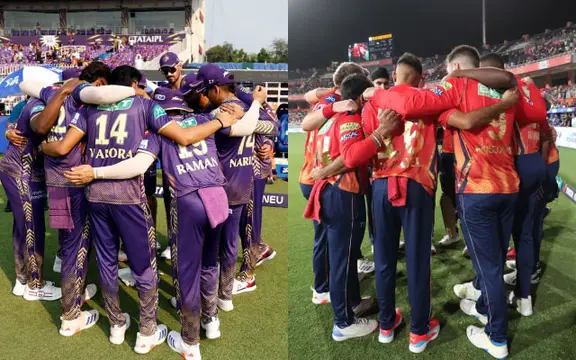Lakshya Sen’s journey highlights the crucial role of mental resilience and the right support system in overcoming a confidence crisis and achieving remarkable comebacks in sports. Here’s how each component played a role in his resurgence:
- Prakash Padukone’s Guidance: Having the mentorship of Prakash Padukone, a badminton legend, was instrumental. Padukone’s wisdom not only in technique and strategy but also in handling the psychological pressures of high-level competition, likely provided Lakshya with a strong foundation to rebuild his confidence.
- Paddy Upton’s Mental Coaching: Engaging with Paddy Upton, known for his role in India’s 2011 Cricket World Cup win, was a strategic move. Upton specializes in mental conditioning and could have offered Lakshya tailored strategies to handle stress, focus under pressure, and maintain a competitive mindset, crucial for bouncing back from his series of defeats.
- Mother’s Home-Cooked Food: The comfort of home-cooked meals can significantly affect an athlete’s morale and health. For Lakshya, this element of home likely brought a sense of normalcy and grounding amidst the turbulent times, enhancing his well-being and focus.
- Perseverance: Lakshya’s attitude of treating every match as if it were his last shows a high level of determination and commitment. This mindset of fighting for every point, regardless of the opponent’s ranking or form, signifies a reset in his mental approach to competition, focusing on the present rather than worrying about past failures or future outcomes.

The combination of expert guidance, mental conditioning, emotional comfort, and sheer perseverance enabled Lakshya to transition from repeated early exits to reaching the semifinals of prestigious tournaments. As he heads into the Thomas Cup defense, this regained confidence and altered approach could be key to not only his individual performance but also in uplifting the Indian team.



